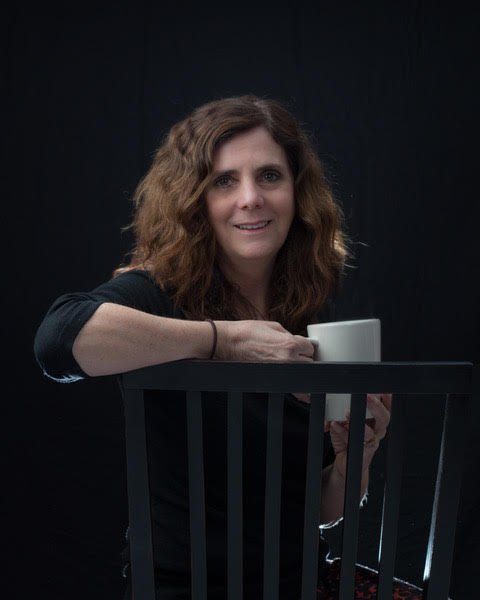
“How’s that circus of yours?” my father said, and it took me a minute; I paused. It’s this thing we do now—the conversion, the switch, me replacing his nouns with my nouns. Sounds like, looks like, could be—
“You mean the book?” I said, in my aha voice. “The picture book with the girl at the gym who hops and skips and soars?”
“Uh-huh,” my father said. “Your circus. The one you produced.”
He’s never really wrong, I’m never really right, and that day, in fact, he won. Because maybe the picture book to which he referred did not feature a monkey or a clown. Maybe there was no star-spangled barker, no rainbow-hued big top. But there was a book, there was one of my books, being sent out into the world, which meant (Could my father see this? Could others, too?) that there was the roar of a circus in my head. A regular three-ring elephant stampede. A trapeze swing above a faulty net. A rattled lion rattling its poorly constructed cage.
Does every author feel this way? Are we all—I’ll use the word—afraid? That no one will care about the books we write? That no one will place their orders at the Indies, that we won’t be invited to (is that the same as being wanted at?) the big alphabet events—NCTE-BEA-ILA. That readers will not stop and ask for us, that no prize giver will consider our fine wares, that the newspaper will not blast our genius?
When did it all become so terribly existential? When did we decide that the measure of ourselves might and forevermore might be the dimensions of our book-launch cakes, the number of our Facebook likes, the abacus of our Goodreads love, the iterations of the readers who crave our signatures? When did the success of our books become a referendum on the value of ourselves?
What triggers us? Why do we think of all that might go wrong? Why do we rehearse cautionary tales from the literary crypt? The big event that got washed out by a storm. The book parties for which the sponsor forgot to order books. The seven-hour plane ride and the two-hour drive to the bookstore reading at which a single chair was occupied. The blurbs, the blogs, the columns, the essays, the reviews, the posts, the biographies, the bookstore introductions undertaken on behalf of other authors that live in the modest, imperfect hope (the crypt confesses) of reciprocal measures.
Who will defend our books? Who will buy them if we’re not a brand? Who will like us if our books fail? Will we like ourselves? “How’s that circus of yours?” my father asked, and this was last September, seems like years ago now, before an invisible virus tilted our world hard on its axis, before a strange and socially distancing silence descended, before we were gathering our family close and counting our meals and worrying for stricken strangers, for unmasked hospital workers, for border closing and jobs evaporating, for safety nets not just fraying but snapping.
This was then, when I’d allowed myself to lose the necessary perspective.
We never did and we never will have control over the fate of our books once we release them—the who comes, the who cares, the who prizes, the who invites us. We can’t force a good review, we can’t demand a reader’s love, we can’t change the headlines to make room for us, we should try really hard (I know it’s hard) to contain our circus acts. What we can control, what we should control, is the joy we take from the writing itself, the solace we can find, especially in times like these, as we chase our characters, forge their landscapes, let them be the heroes of the hour.
___
Beth Kephart is the author of more than 30 books, a teacher of nonfiction and fiction at the University of Pennsylvania, and a widely published essayist. Her new book is The Great Upending (A Caitlyn Dlouhy Book/Atheneum Books for Young Readers/Simon & Schuster). More at bethkephartbooks.com.

3 comments
Jennifer Schelter says:
May 4, 2020
Thank you, dear and brilliant Beth.
Your words, books, heart and shining care make writing and life all the better.
I appreciate and am feeling very grateful for your exploration of the joyful solace of the creative unfolding.
Cindy La Ferle says:
May 4, 2020
So true — well said, and very good timing. I have noticed over the years that most of the people closest to me (family and friends) are disinterested in my writing career — or, in some cases, they are not sure what to say about my work — so they say little or nothing. (There are exceptions.) This has been a humbling lesson for me, early on, but also a good lesson.
I’ve learned to focus on the work itself, and I never seek approval from friends or family. I also have a group of friends who are professional writers, and I find they are just about the *only* ones with whom I can share the issues you’ve brilliantly touched on in your essay here.
Joelle says:
May 5, 2020
Timely and true! Thank you.